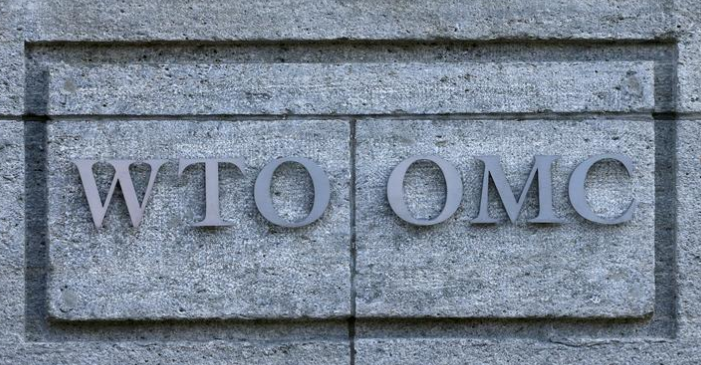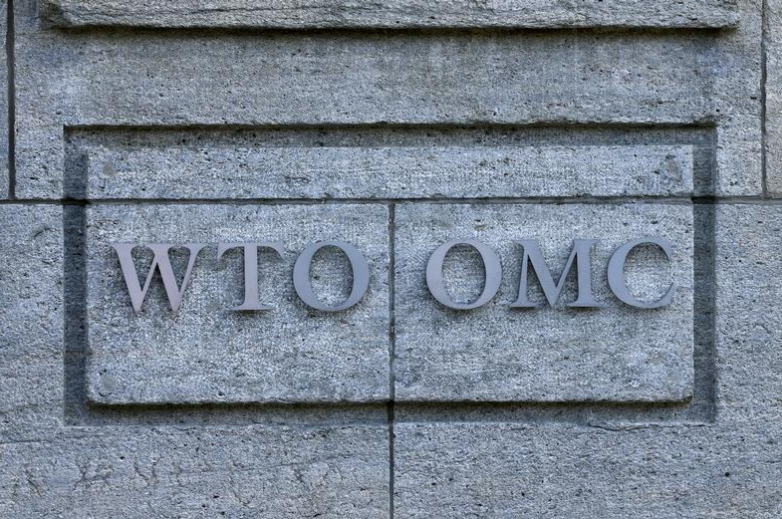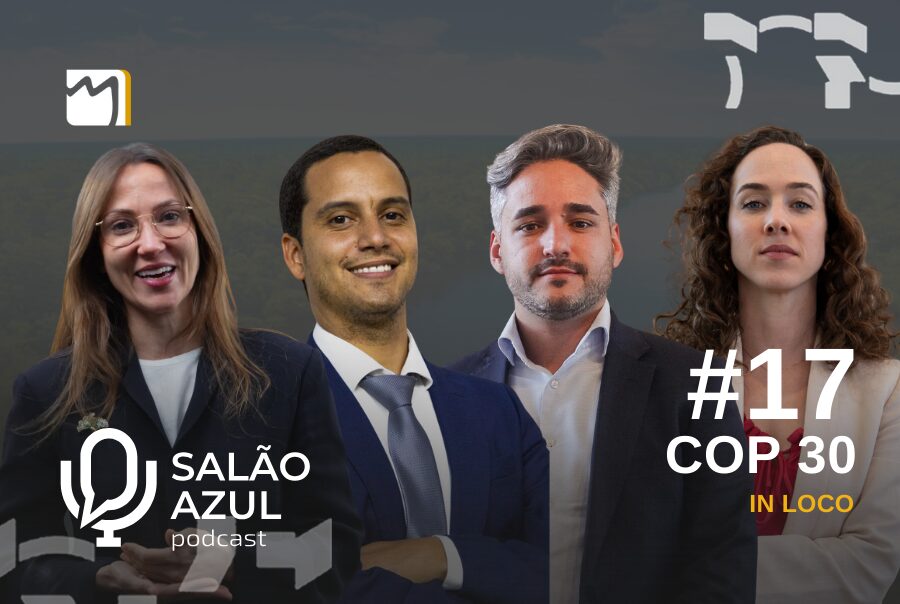
A widely expected World Trade Organization ruling against industrial subsidies in Brazil will likely embolden the government’s push toward free-market policies and reduce the role of the cash-strapped state in Latin America’s largest economy.
The decision, concerning stimulus programs for sectors ranging from steelmaking and electronics manufacturing to wood pulp production, was first reported by Reuters in November and is expected to be published in detail on Wednesday.
Brazilian officials have already begun discussing how to phase out the interventionist policies in industries long-protected by Brazil’s heavy state subsidies and trade barriers, according to a government source.
The seven stimulus programs condemned by the WTO have provided more than 25 billion reais ($7.9 billion) in subsidies since 2010.
Brazil is expected to appeal the decision within the next 60 days under WTO rules. The country is unlikely to face any retaliatory measures for at least two years, given the pace of most global trade cases.
“We are already considering how to realign these tax incentives to a new reality that is also consistent with our fiscal situation,” said the government source, who asked not to be named because the ruling is not yet public.
Temer’s government has already eased labor rules, put state companies and assets up for sale and sought trade agreements in a bid to shake off the worst recession in Brazil’s history.
Following the WTO decision, the first companies likely to see changes are automakers, whose stimulus program expires at the end of the year.
The head of the Anfavea national automakers association has said the replacement program, “Rota 2030”, will remove rules giving preference to locally made auto parts.
“The ruling will probably force Brazil to reinvent its industrial policy in at least two important areas: automobiles and information technology,” said Renata Amaral, a trade expert with consultancy Barral M Jorge.
Brazil could also revise two programs offering tax breaks for exporters to buy capital goods and raw materials, an industry source familiar with the ruling told Reuters. Large firms may push Brazil to abandon litigation for the sake of having a predictable policy, the source said.
One of those programs, known as Recap, offered tax benefits to 366 companies this year, including planemaker Embraer SA (EMBR3.SA), pulp maker Fibria SA (FIBR3.SA) and miner Samarco Mineração SA, a joint venture between BHP Biliton Ltd (BHP.AX) and Vale SA (VALE5.SA).
The sector most resistant to changes may be electronics manufacturing, which is highly reliant on stimulus and benefits from four of the seven programs.
The industry source, briefed on Brazil’s strategy, expects the country to offer little if any concessions for now in the hope that a prolonged WTO process will permit the government to design a new framework for the sector.
Some measures condemned by the WTO have been in place since 1991. The European Union and Japan decided to file their complaints in 2013 and 2015 after former President Dilma Rousseff ramped up subsidies to fend off an imminent recession.



